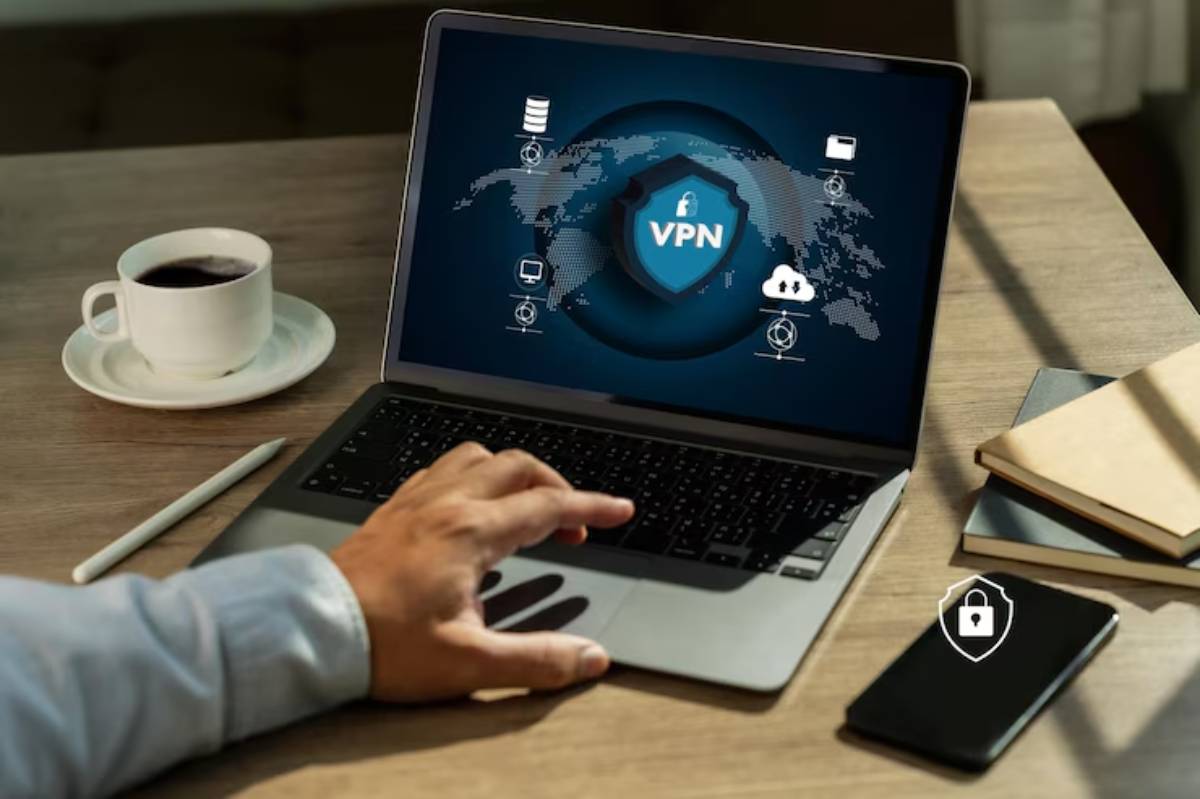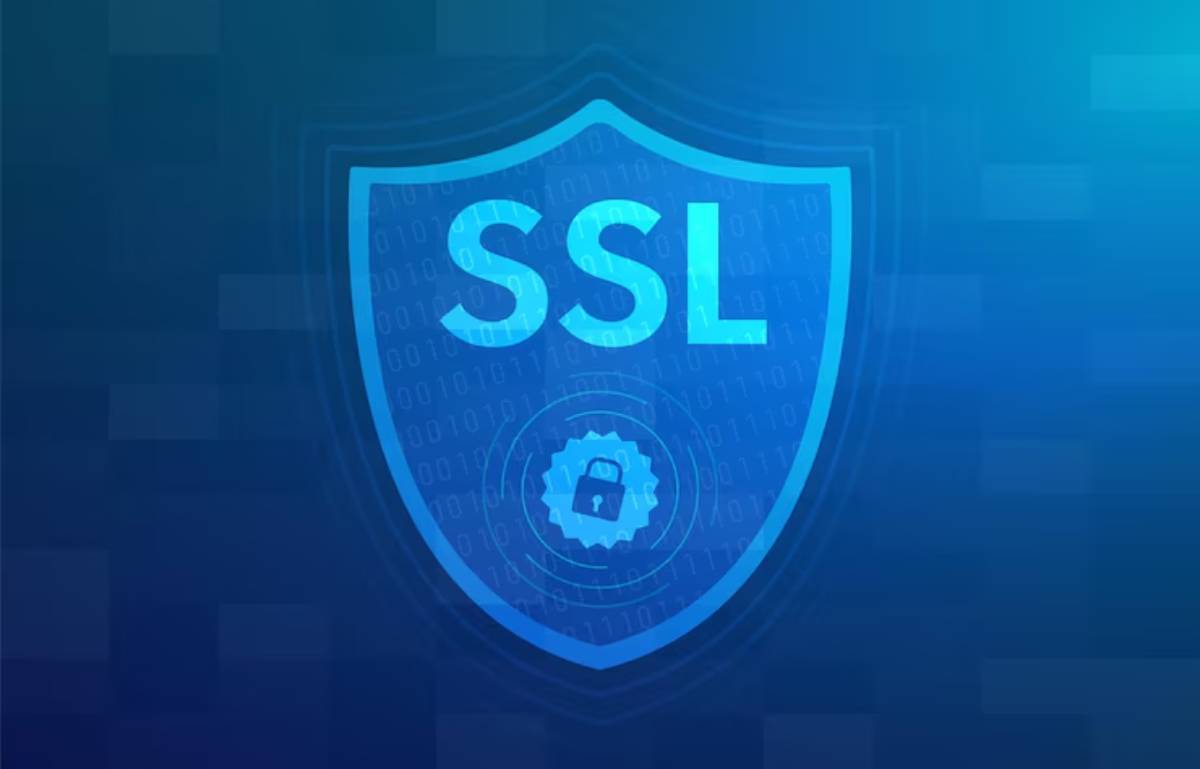
Using VPNs and Proxies to Protect Customer Data
Imagine handing over your personal details to a business only to have them leaked online. Frightening, isn’t it? In the world of e-commerce, customer trust is everything. Without it, even the most polished websites and enticing products fall flat. Protecting customer data is more than a rule; it’s key to your brand’s reputation.
Cyberattacks are getting smarter, and data breaches are in the news. So, e-commerce businesses need to improve their security systems. VPNs and proxy servers are two strong tools for data protection. They can keep your business and customers safe from prying eyes.
In this blog, we’ll look at how a VPN and proxy servers can safeguard sensitive data. They can also build trust and help your business grow. Let’s dive in!
Why Customer Data Protection Matters
Customer data — names, addresses, payment details — is the lifeblood of e-commerce. Here’s why safeguarding it is non-negotiable:
- Trust and Loyalty: Customers need assurance that their information is safe.
- Regulatory Compliance: Laws like GDPR and CCPA mandate stringent data protection.
- Brand Reputation: One breach can tarnish years of credibility.
- Financial Impact: Data breaches cost companies an average of $4.45 million in 2023 (IBM Report).
Still wondering if your ecommerce business is at risk? If you collect personal data, like email addresses for newsletters, you’re a target.
What is a VPN, and How Does it help e-commerce?
VPN for E-commerce: A Simple Breakdown
A Virtual Private Network (VPN) secures your internet connection. It creates an encrypted tunnel between your device and the web. It masks your IP address, making your online activities nearly invisible.
How a VPN Protects Customer Data:

- Safeguards Communications: Emails, chats, and support interactions are shielded from interception.
- Encrypts Transactions: Customer payment details stay hidden from hackers.
- Protects Remote Access: Employees accessing your systems remotely can do so securely.
- Prevents IP-based Tracking: Malicious actors can’t monitor your business’s digital footprint.
Real-life Example: During the pandemic, many e-commerce brands transitioned to remote work overnight. People without VPNs saw a rise in phishing attacks aimed at workers on unsafe networks. Companies using VPNs, however, enjoyed seamless and secure operations.
Key Benefits of Using a VPN in Ecommerce
- Stronger security for customer transactions
- Enhanced remote workforce protection
- Bypass geographical restrictions for global operations
- Avoid ISP bandwidth throttling during high-traffic events (think Black Friday sales!)
Understanding Proxy Servers: Your Stealth Armour
What are Proxy Servers?

A proxy server acts as a middleman between your device and the internet. Your requests go through the proxy instead of connecting directly to websites. This masks your real IP address.
Different Types of Proxy Servers:
- Forward Proxy: Protects internal networks from the external internet.
- Reverse Proxy: Protects external access to internal servers.
- Transparent Proxy: Used for content filtering without altering requests.
Each type serves a unique purpose depending on your e-commerce security needs.
How Proxy Servers Enhance Data Protection
- Anonymity: It hides your e-commerce site’s real IP address. This makes it tougher for attackers to find your servers.
- Load Balancing: Distributes network traffic, reducing the risk of DDoS attacks.
- Content Filtering: Blocks malicious or unwanted traffic from reaching your network.
- Access Control: Only authorised users can interact with sensitive parts of your infrastructure.
Analogy: Think of a proxy server like a decoy storefront. Customers still get what they need, but potential burglars never find the real shop!
VPNs vs Proxy Servers: Which One Should You Choose?
While both VPNs and proxy servers improve security, they serve different purposes.
| Feature | VPN | Proxy Server |
| Encryption | Yes | No (unless combined with SSL) |
| Anonymity | High | Moderate |
| Speed | Slightly slower (due to encryption) | Faster (lighter load) |
| Best Use | Secure communication and browsing | Anonymising traffic, access control |
Ideally, use both in tandem for a layered security approach. Think of it as wearing a helmet and a seatbelt — better safe than sorry!
Practical Tips: Implementing VPNs and Proxies in E-commerce
Choosing the Right VPN for E-commerce
Not all VPNs are created equal. Here’s what to look for:
- No-logs Policy: Ensures your VPN provider doesn’t store activity data.
- Strong Encryption: Look for AES-256-bit encryption standards.
- High-speed Servers: Essential for smooth customer service and operations.
- Multi-device Support: Protects all devices used by your team.
- Business-grade Solutions: Offers centralised control and access management.
Top VPN Providers for E-commerce:
- NordLayer (by NordVPN)
- Perimeter 81
- ExpressVPN
Setting Up Proxy Servers
When deploying proxies:

- Use SSL proxies to add an encryption layer.
- Deploy reverse proxies for your e-commerce servers to manage customer traffic safely.
- Regularly audit and update proxy configurations.
- Implement access controls to prevent misuse internally.
Case Study: How an E-commerce Brand Saved Its Reputation
Scenario:
A new e-commerce brand faced a DDoS attack during a big sale. This led to long downtime and upset customers. Revenue losses mounted.
Action:
- They implemented a reverse proxy server to manage incoming traffic.
- Introduced a VPN solution for all internal operations and remote access.
Outcome:
- Attack surfaces have been drastically reduced.
- Downtime during future attacks was minimised.
- Customer trust was restored, leading to a 20% increase in repeat business.
Moral of the story? Proactive data protection isn’t just a nice-to-have; it’s vital for survival and growth.
Other Essential Data Protection Tools to Consider
While VPNs and proxy servers are critical, a holistic approach involves:
- Firewalls: Your first line of defence against cyber threats.
- SSL Certificates: Encrypts data transferred between users and your site.
- Two-Factor Authentication (2FA): Adds an extra security layer for account logins.
- Regular Backups: Ensures you can recover quickly after an attack.
- Security Audits: Identify vulnerabilities before they can be exploited.
Think of building your security like constructing a fortress — every layer counts.
Conclusion: Using VPNs and Proxies to Protect Customer Data
In today’s digital age, protecting customer data is non-negotiable. Investing in a VPN for ecommerce and robust proxy servers is no longer optional; it’s essential. These data protection tools boost your business against cyber threats. They also build customer trust, which helps your long-term growth.
Remember: your customers trust you with their most sensitive information. Respect that trust by proactively securing it.
Ready to take your e-commerce security to the next level?
- Share this article with your team to spread awareness.
- Subscribe for more actionable tips on building a secure, thriving ecommerce brand.
Your customers deserve the best protection. Start today — and make trust your competitive advantage!


